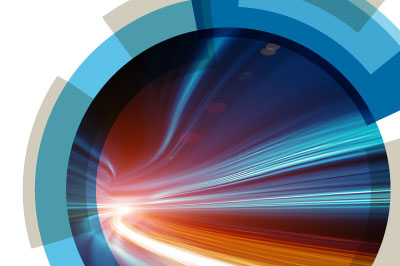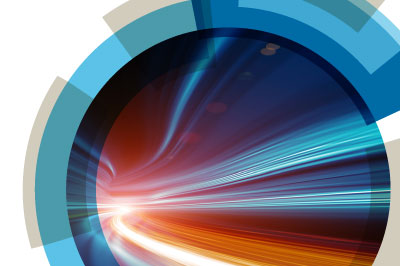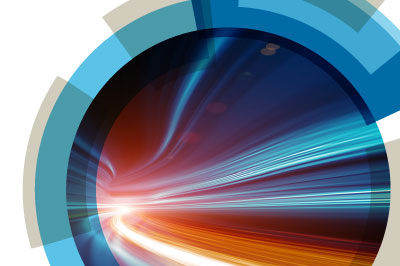Welcome
On behalf of the scientific committee, we extend a warm invitation to you to join us in London in February 2019. This Faraday Discussion will be the 300th ever Faraday Discussion since the meetings began in 1907, and many Discussions have become landmark meetings in their field. We invite you to join us to discuss the topic of hot electron science, make your contribution to this famous series of meetings, and help us celebrate this very special milestone.The meeting will be of interest to established scientists as well as post-graduate students and industrial researchers interested in applications of plasmonics. Given the very fast progress in this area over recent years with numerous, and sometime contradictory, publications as well as the different disciplines involved including plasmonics, chemistry, catalysis and optoelectronics, the unique format of the Faraday Discussions will allow for in depth discussions and establishing links between the different communities involved.
We very much hope you will join us in London and we look forward to welcoming you.
Stefan Maier and Anatoly Zayats
Co-chairs, Hot-electron science and microscopic processes in plasmonics and catalysis
Aims
This meeting will discuss the most recent breakthroughs in this multidisciplinary and emerging field from the different perspectives of physicists, chemists and ab-initio theoreticians. We aim to elaborate connections between the various subdisciplines in the field and define the most challenging problems for the future. The meeting will provide a point of reference for the future development of plasmonics, catalysis, and more generally hot-electron science.Format
Faraday Discussions have a special format where research papers written by the speakers are distributed to all participants before the meeting, and most of the meeting is devoted to discussing the papers. Everyone contributes to the discussion - including presenting their own relevant research. The research papers and a record of the discussion are published in the journal Faraday Discussions.Themes
Over the last 10 years, the field of plasmonic research has emerged as an extremely promising technology with several main fields of application: information technologies, energy, high-density data storage, photovoltaics, chemistry, biology, medicine and security. One of the most prominent applications, bridging the physical, chemical and biomedical sciences, has been in the area of sensing, where the intense nanoscale light fields around metallic nanostructures have been utilized for surface-enhanced spectroscopies of molecules.While up to a few years ago the main focus has been on the ability of plasmonic nanostructures to generate such localized regions of highly concentrated electromagnetic fields, more recently it has been realized that also the electron part of plasmonic excitations can be exploited in the physical and chemical sciences: when a plasmon decays, its energy gets transferred to an electron/hole pair, and for a short period, below one picosecond, these carriers stay “hot” — they are in a non-equilibrium energy distribution, that can be exploited if these carriers can be extracted from the plasmonic nanostructures before thermalization to the lattice occurs. Proof-of-concept applications have over the last three years shown fascinating applications in areas such as surface-enhanced catalysis (water splitting), photodetectors without bandgaps (Schottky junctions), and nanoscale control over chemical reactions. At the same time, theoretical understanding about the generation, transport and extraction of plasmonic hot carriers has also advanced. The recent progress and the addressing of the main challenging questions in this dynamic field, spanning the experimental and theoretical sciences in physics and chemistry are the topic of this exciting Faraday Discussion
The Faraday Discussion will be organised into the following themes:
Dynamics of hot electron generation in metallic nanostructures
This session will discuss different experimental approaches for the observation and study of hot electron generation, transport and extraction of hot carriers in plasmonic nanostructures, both colloidal and top-down fabricated. The key challenges are to develop ways to study the ultrafast time scales of these processes, occurring on the sub-picosecond scale and we anticipate strong discussion on how to efficiently excite and extract these carriers.
Theory of hot electrons
This session will address the highly challenging topic on how to model the generation, transport and extraction of hot electrons. Spanning ab-initio theories with transport models and electromagnetic modelling, it will provide a discussion forum led by both electronic structure theorists and theoreticians investigating the electromagnetic field aspects of plasmonics. Key challenges that will be discussed include how to bridge theoretical predictions with experimental observations. A special focus will lie on how theory can guide the more efficient extraction of hot electrons.
New materials for hot electron generation
This session will focus on materials and synthesis or fabrication protocols in order to optimize the generation and extraction of hot electrons from plasmonic nanostructures. Key challenges lie in developing systems that allow efficient hot electron generation throughout the visible and near-infrared part of the electromagnetic spectrum.
Applications in catalysis, photochemistry, and photodetection
This final session will cover the rich spectrum of applications of plasmonic hot electrons, from catalysis and control over chemical reactions on the nanoscale to the development of photodetectors with enhanced sensitivities, new approaches to imaging, and biomedical and energy applications. Key challenges lie in the efficient utilization of the extracted charge carriers for each particular applications. A specific focal point will be the efficiencies needed for the real-world applications of hot-electron science.
Image reproduced with kind permission of Stefan Maier, www.commonplacephotography.com














